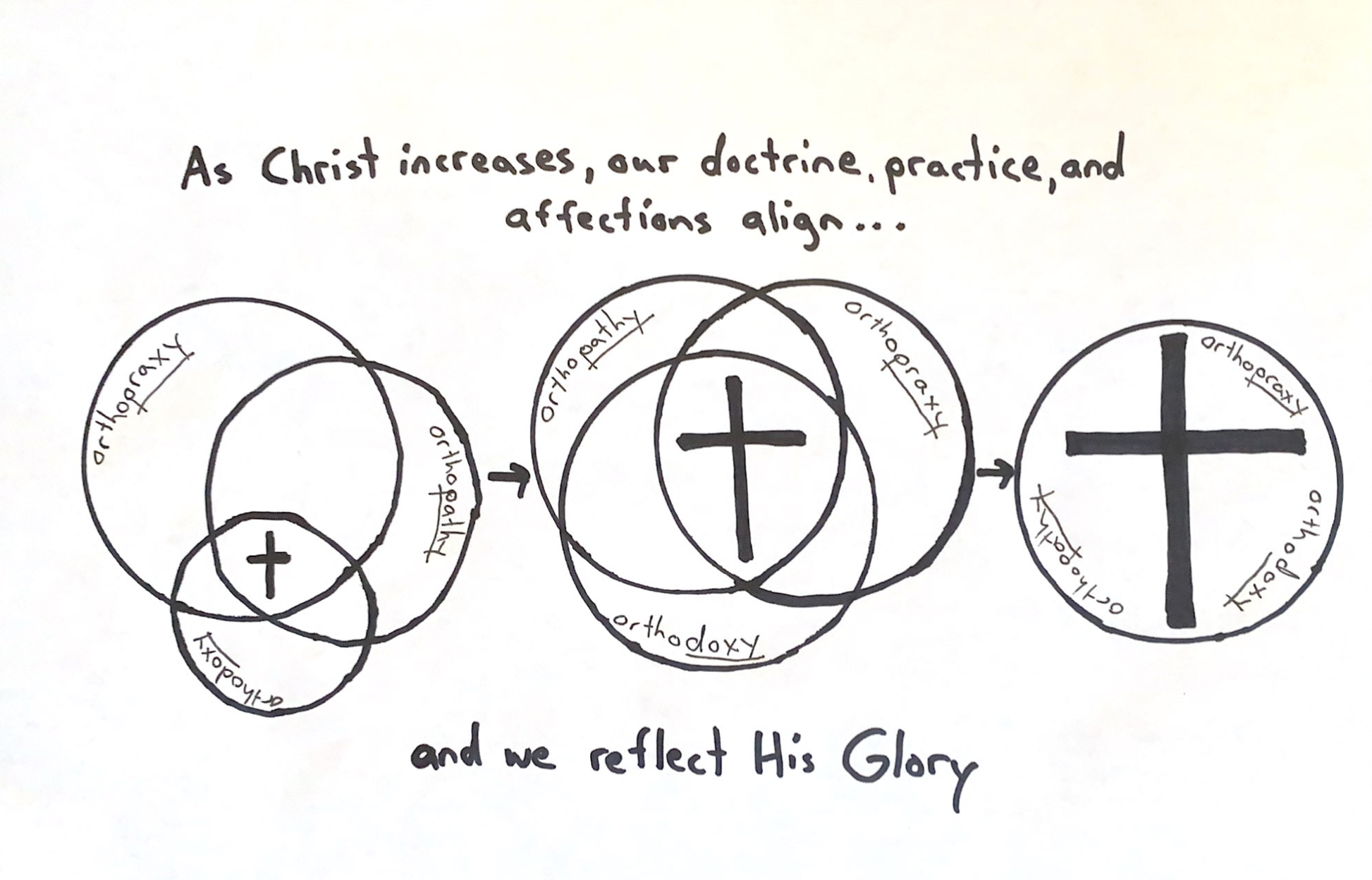“When Jesus referred to John the Baptist as ‘a burning and shining light,’ He was thinking of a candle, which must pay a heavy price to shine. What does it cost a candle to furnish light? It costs its very existence! It costs everything! Even so, to take the light of the saving Gospel into dark Congo cost George Grenfell and the early missionaries everything. Who else will pay that price?”
Giants of the Missionary Trail by Eugene M. Harrison contains short accounts of a few missionaries who served during the 18th and 19th centuries. From their conversion to their calling, and some highlights of their missions work, until they are finally called home. It’s humbling and challenging to read the accounts of these men, and the women who stood alongside them, giving everything, including their lives, to take the Gospel to the ends of the earth.
Adoniram and Ann Judson, called to Burma (now Myanmar).
“For three weeks (just before their arrival) their ship had been tossed about by a fierce monsoon in the Bay of Bengal. Judson’s wife, Ann, became desperately ill and Judson expected her death momentarily. Attended only by her husband, Ann gave birth to her first baby, which soon died and was buried at sea.” On arrival in Rangoon, conditions were bad: “Speedy death, either from disease or at the hands of Burma’s notoriously cruel officials, seemed to stare them in the face and they were sorely tempted to return to America. But as they prayed through the long vigils of the night, the voice of the Lord comforted them, saying, “Fear not, for I am with thee; be not dismayed, for I am thy God.” Assured that their blessed Lord was with them, they determined to go forward, whatever the cost.”
David Livingstone, called to Africa.
After many years taking the Gospel to the people and opening up the country for other missionaries, Livingstone was on his final journey. Suffering many bouts of fever and his feet covered in sores and blisters, his bearers, concerned for his well being, built a hut and put a cot inside for him to lie on. After some time they looked in to see how he was and saw he was kneeling at his bedside praying. Looking in again later, they found that he had died as he was praying.
Jonathan and Rosalind Goforth, called to China. Appointed by their church to open a new field in the northern Province of Hanon.
Rosiland Goforth wrote, “Dr Hudson Taylor, of the China Inland Mission wrote to us, “We understand North Honan is to be your field. It is one of the most anti-foreign provinces in China...Brother, if you would enter that province, you must go forward on your knees. These words gave a key-note to our early pioneer years. Our strength as a mission and as individuals, during those years so fraught with dangers and difficulties, lay in the fact that we did realize the hopelessness of our task apart from divine aid.”
In all these stories, what is evident is the missionaries' love for the Lord and their overwhelming desire to share that love with those living in darkness, and their darkness was great. The people were in bondage. Living in fear of spirits, sorcery, witchcraft, slavery, murder, and cannibalism, and only the light of the Gospel could set them free.
Our last mention is of James Chalmers, called to New Guinea.
After years serving the people of New Guinea and leading many into a saving knowledge of the Gospel, Chalmers set out to visit a new district known for its particularly ferocious tribe of headhunters and cannibals. He was accompanied by Rev. Thomkins, a promising young colleague recently arrived from England. Though the people looked threatening, Chalmers, Thomkins, and a few others went ashore. They were never seen again. It was ascertained later that they had been invited to the village to eat. As soon as they entered, the signal was given for a general massacre. Chalmers and his companions were killed and eaten, their heads being kept as trophies.
So many of these missionaries paid the ultimate price but not before many of the people they reached out to had thrown off their filthy garments for robes of righteousness. Thousands were saved and delivered from darkness, Gospels were translated into new languages, and countries were opened up for future missionaries to follow.
So let’s not forget to keep in prayer those who are currently on the mission field. Sharing the same good news of the Gospel with those whose bondage is just as great as the headhunters and cannibals of New Guinea in James Chalmers day.
—Mick Sanderson






